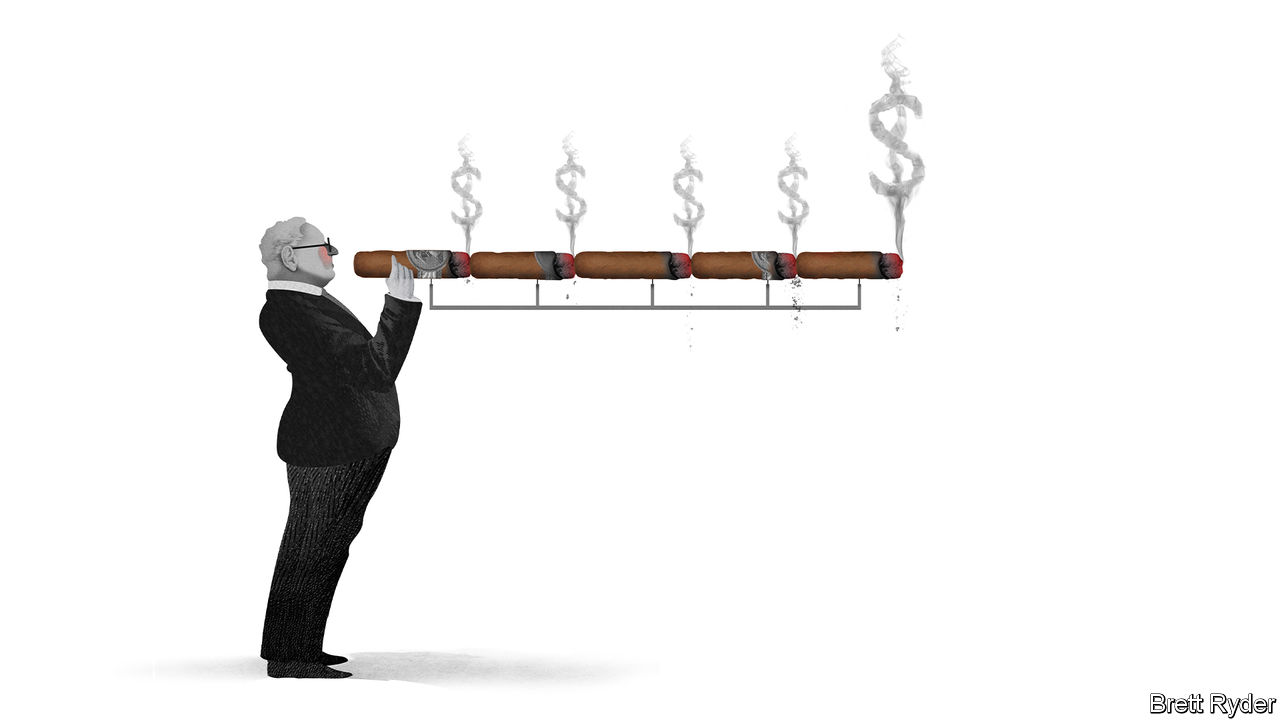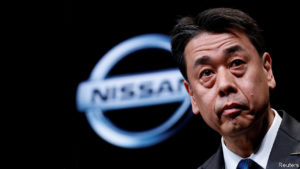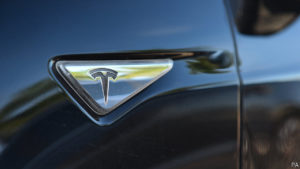https://www.economist.com/node/21792080?fsrc=rss7Cbus
TO UNDERSTAND WHY it was a shock last month when Berkshire Hathaway invested $6.5bn in five Japanese trading houses that have been around for far longer even than its 90-year-old chairman, go back to a talk Warren Buffett gave to business students in Florida in 1998. As a sprightly sexagenarian with his sleeves rolled up, the Sage of Omaha was at his witty—and wicked—best.
The first question he fielded was about investing in Japan. He replied that the country’s 1% interest rates made it look attractive. Nonetheless, he considered Japanese firms poor bets because of their lousy returns. Low-profit businesses could be worth buying based on what he called the “cigar-butt” approach. “You walk down the street and you look around for a cigar butt someplace. Finally you see one and it is soggy and kind of repulsive, but there is one puff left in it. So you pick it up and the puff is free.” But not even this theory would draw him to Japan Inc, the pride of the country’s post-war revival, he explained. It is hard to think of an analogy more distasteful in a spick-and-span country like Japan.
Some 22 years of rock-bottom interest rates later, Mr Buffett has finally overcome his stogy-phobia. Berkshire’s investment in 5% each of Itochu, Marubeni, Mitsubishi, Mitsui and Sumitomo, though small relative to his investment firm’s $140bn mound of cash, was its biggest outside America. It said its stakes could increase to as much as 9.9% over time. But the acquisitions were a head-scratcher. What, if anything, had changed over the past few decades to make the trading houses appealing all of a sudden? Or had Mr Buffett simply succumbed to the temptation of a few cheap puffs because money was burning a hole in his pocket?
At first glance, the acquisitions make it look like he has lost the plot. The trading houses, or sogo shosha, make a mockery of many of the investment principles he has stuck to all his life. He says he likes easy-to-understand businesses like Coca-Cola and Apple. He argues that companies should not just be cheap but have reliable returns—and, ideally, “moats” to keep competitors at a safe distance. On each count the trading houses fail dismally.
Start with simplicity. In Western eyes no Japanese company is a model of Anglo-American shareholder capitalism. But few seem as far-removed from it as the trading houses. They are shaped by history, which dates back to the 19th-century zaibatsu and post-war keiretsu system of corporate loyalties and cross-shareholdings. In the modern era their business models have twisted and turned. From the 1950s to the 1980s they acted as go-betweens, scouring the world for energy, metals and minerals, helping to underpin Japan’s economic miracle. Then they invested in mines and hydrocarbons to feed the China-led commodities boom before shifting “downstream”, buying everything from convenience stores to cable companies. In the process they accumulated assets faster than they sold them. The results are unwieldy. Mitsubishi peddles everything from coking coal to Kentucky Fried Chicken. Itochu, the most profitable, calls its consumer division the 8th Company, implying it has run out of names after seven other units.
What about returns and value? Undoubtedly, the trading companies are cheap. Of the five, only Itochu trades at a market price higher than the book value of the net assets on its balance-sheet. That is not to say they are a bargain, though. Kikkawa Tatsuya of JPMorgan Chase, a bank, says their low-return legacy assets, which sometimes suffer big write-downs, increase investors’ perception of risk. Their complexity raises their cost of equity, which is higher than for more focused commodities producers, such as ExxonMobil or Rio Tinto.
And then there is the traders’ competitive position. Perhaps Mr Buffett is betting that as a venerated corporate species in Japan, the sogo shosha’s survival is safe. But as individual companies, their returns suggest they have nothing like the moats of other Berkshire stalwarts. If anything, they are each other’s bitterest rivals.
Look below the surface, though, and there may be a method in Mr Buffett’s madness. As he admitted in 1998, his view on Japan could change if managers became “more shareholder responsive”. In recent years they have, even in the trading houses, which once viewed corporate governance with disdain. Zuhair Khan of Union Bancaire Privée, a Swiss bank, says views started to change as a result of shareholder-friendly reforms promoted from about 2014 by Abe Shinzo, who stepped down as prime minister earlier this month. In some trading houses, executives bought large quantities of shares to align their interests with those of other shareholders. Pay became more performance-based. The focus moved from investing to generating cash and beefing up dividends. The pandemic is expected to slow but not derail the trend. Suga Yoshihide, Mr Abe’s successor, looks keen on further measures to empower shareholders, Mr Khan says.
Mr Buffett may see other attractions. He likes energy firms, and all the trading houses, particularly Mitsui and Mitsubishi, have big energy businesses. They stand to benefit from a post-pandemic economic rebound that boosts demand for power. The companies are also wellsprings of talent. Jeremy White of Baker McKenzie, a law firm, says they maintain a tradition of recruiting from the best Japanese universities, and rival investment banks and tech firms as the most prestigious companies to work for. And if anyone can find their way around bewildering corporate organigrams and balance-sheets, it must be the people behind Berkshire Hathaway, America’s biggest financial conglomerate.
Stogy? Or just stodgy?
It is no sure bet. History is littered with fortunes lost to the belief that Japanese firms can become more Anglo-Saxon. If that is the case, Berkshire’s shareholders will rue Mr Buffett’s nonagenarian adventure. If, by contrast, his investments reinforce a view taking root in Japan that shareholders, domestic and foreign, are a constituency worth fighting for, he will deserve a fat Cohiba. ■
This article appeared in the Business section of the print edition under the headline “Lighting up Japan Inc”


















